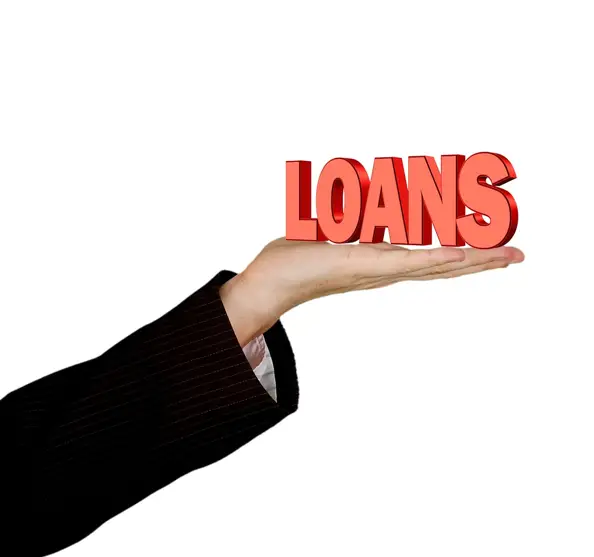 You might have heard of no-credit-check loans before now. These can be used in the case that you need fast access to cash for an emergency, this could be a car repair, a medical procedure, and so on, in spite of what your credit is like.
You might have heard of no-credit-check loans before now. These can be used in the case that you need fast access to cash for an emergency, this could be a car repair, a medical procedure, and so on, in spite of what your credit is like.
With these types of loans, the lenders do not look into your credit report, meaning that they do not use your credit report to generate an idea of your ability to repay the loan. However, even though they do not check your credit report, there is still no guarantee that you will qualify for the loan.
Rather than using your credit score to confirm you can repay the loan, they will usually ask for personal information to show you are financially capable of doing so. This can be paystubs, bank statements, records of borrowing history such as an auto loan or student loan.
What are the options?
So, what are the options for a no credit check loan? There are many options, you can get online loans, fast cash, and other informal options. Of course, if you can borrow from friends and family instead, this is often better as they are unlikely to wrack up an interest or take your possessions as collateral.
Credit Union Loans
If you do belong to a credit union, these are an option. You may be eligible to receive a secured or an unsecured loan without getting a credit check. Some credit unions will give loans to members in good standing. Some may also consider financial information beyond a credit score.
However, the factors that determine this will vary depending on the union.
PALs/ Payday loans
There are two types of payday alternative loans (PALs). Credit unions can also offer PALs to members needing short-term cash. These loans are often paid off by the borrower in monthly installments, instead of in a single pay period. You will often have the interest rate capped at 28%. They do look at your credit score. However they do specialize in giving loans to those who have lower credit scores. They use your income and ability to repay to figure if you qualify for the loan instead.
Then there are standard payday loans. Which are short-term unsecured loans that do not need a credit check. While these can be a good option for some, they are extremely expensive as they can have annual percentage rates as high as 40% or even more. The worse your credit score is, the higher the APR.
Car title loans
A car title loan is a secured loan that requires you to use your car as collateral. In other words: If you fail to pay back the loan, the lender can then repossess your car. The loan that you receive will be equal in value to your car. These types of loans can charge high fees, even up to 25% of the amount you borrow, and you will often need to repay this within 30 days.
Bad credit loans
There are also online bad credit loans. Some online lenders will give personal installment loans to those of us who have no credit or poor credit. These loans allow us to repay the loan in monthly payments. Some will issue these loans and will run a credit check, others will use your financial information to determine your financial standing. With this type it is best to have a gander online first and shop around to compare APRs.
Spotting a no-credit-check loan
So, how can you tell that a loan is a no credit check loan? Well, unlike lenders that will look at your credit report to see how you have handled previous debt, a no-credit-check lender will offer you money without solidifying your ability to repay it.
These loans can be found online or at storefront lenders, and they will typically promise an easy application process and a quick delivery of the money you require.
These loans can range from $100 to $1000 or even more, and they are often repaid in equal, fixed payments, over months, or sometimes over years. You may often get add-ons such as credit insurance, or other fees that may raise the cost of the loan overall.
Are there any safe no-credit-check loans?
If you are looking for a lender that is safe and provides no credit check loans, then you will want to seek out one that reviews some of your financial information.
Some online lenders may review your bank account to assess your spending habits, deposits and withdrawals. If your account shows multiple overdrafts, they may disqualify you. Other lenders may look at reports from alternative credit bureaus to collect intel on consumers with low credit scores.
These lenders will always charge higher interest rates, as it is riskier to lend to you without checking your credit.
Photo Credit: stock photo

Question of the Week